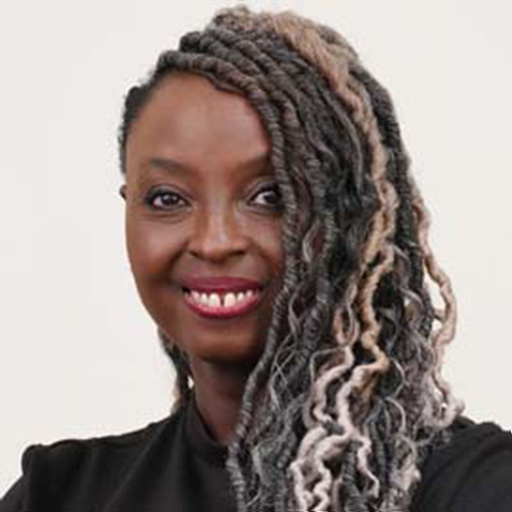Dr. Kendi Muchungi

Dr. Kendi Muchungi
Manager, Education and Technology & Specialist, Strategic Partnerships Development at the Aga Khan University
Dr. Muchungi holds a PhD – Computational Neuroscience, and a master’s degree (Distinction) Management and Information Systems, from University of Surrey, United Kingdom. She also holds a Bachelor of Science degree in Computer Science from the Africa Nazarene University, Nairobi, Kenya and a Postgraduate Diploma in Advanced Web Development in E-Business from Humber College, Canada.
Prior to joining Aga Khan University, Dr Muchungi honed her expertise as the Communications and Technology Lead, and the Monitoring, Evaluation and Learning team member with the Transforming Employability for Social Change in East Africa (TESCEA) Project through the Department for International Development, United Kingdom. In her last engagement, she was a Lecturer and Programme Leader at the Africa Nazarene University, where she is working on introducing new pedagogies for curriculum efficacy in a technology-centric environment. In addition, Dr Muchungi is the co-founder of Nikola Energy, a waste-to-energy start-up founded in 2017, focused on conservation of resources to ensure financial inclusion and personal empowerment of the marginalized.
Dr Muchungi has presented numerous in-depth academic papers on transformational, strategic, and responsible business leadership, sustainable development, and gender equity. Her academic work includes, facilitating a ‘Mathematics for Machine Learning’ session for INDABA Africa, at Stellenbosch University, Cape Town, South Africa; IST-Africa Week Conference – Mobile Subscribers Vulnerability to Financial Crime over the SMS Platform, Windhoek, Namibia; 4th Gender Equity and Sustainable Development Conference – Leveraging on Digital Financial Services Emerging Trends to Drive Financial Inclusion, Nairobi, Kenya. She is a recipient of esteemed awards at Bernstein Conference, Gottingen, Germany, and the Internet Corporation for Assigned Names and Numbers (ICANN) Artificial Neural Networks and Machine Learning, Lausanne, Switzerland. Dr. Muchungi’s most current research efforts have contributed to improvements in the quality of data collection in Africa. One of her key papers examined data from IHME, UNAIDS, and StatsSA platforms and demonstrated that IHME and UNAIDS data sets are based on a mathematical compartmental model, which is not dynamic to all HIV epidemiological aspects. Recommendations were made to streamline the IHME, UNAIDS, and StatsSA data on HIV to improve the quality of HIV research and programming in South Africa.
Dr Muchungi’s latest role is as a Manager, Education and Technology & Specialist, Strategic Partnerships Development at the Aga Khan University, as an implementation scientist within the Brain and Mind Institute. BMI’s mandate is to promote the mental health agenda by actively seeking out collaborations within The Aga Khan Development Network and without to promote awareness and the destigmatization of mental health in a stepped approach. Dr Muchungi’s diverse wealth of experience in emerging technologies, science, design, and development of pragmatic solutions will contribute towards the attainment of this vision within the Region, by the introduction of innovative and localized interventions.
EDUCATION
PHD • 2015 • UNIVERSITY OF SURREY [UNITED KINGDOM] Thesis Title: Rod-Cone Convergence in The Retina
Funding: University of Surrey, Faculty of Engineering and Physical Sciences
Supervisors: Dr. Matthew Casey | Dr. André Grüning
Research Synopsis: We developed a new retinal model that allows for improved clarity of vision for those with visual impairments due to retinal neural degeneration. Because the retina outperforms existing visual man-made acquisition devices, it therefore follows that the best way to inform the design of retinal prosthetics is by computational simulations of human biological visual systems. We introduced a new retina model, which is biologically plausible, computationally simple, and one that captures newly found existing interdependencies.
This required my ability to straddle between multiple disciplines; neuroscience, computing, and physics to develop a comprehensive model that would expose underlying implications of this interdependency.
